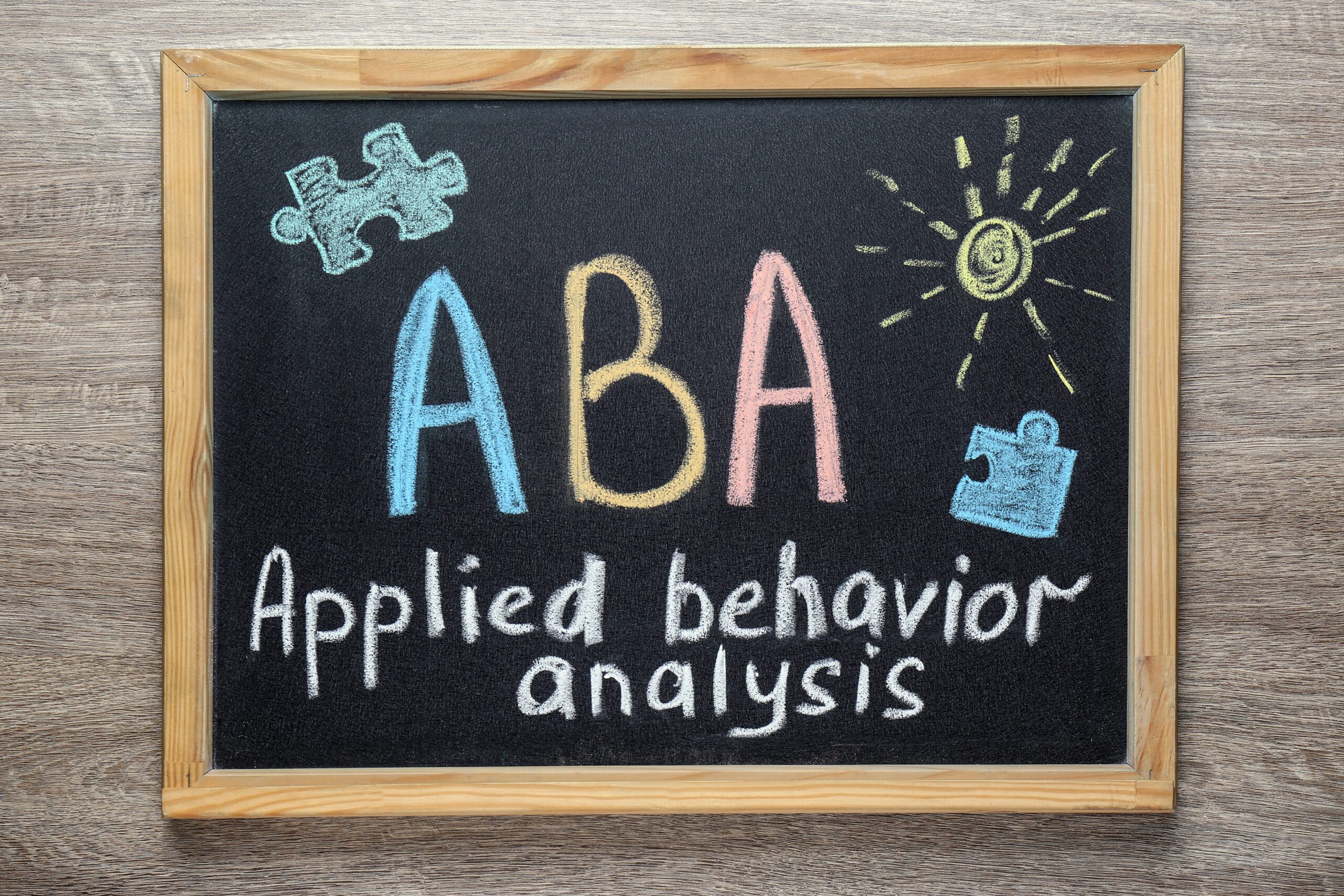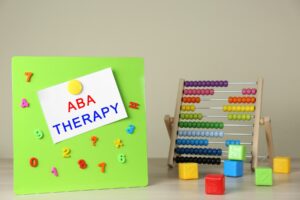Applied Behavior Analysis (ABA) is a therapy based on the science of learning and behavior, which has been widely recognized and utilized in treating individuals with autism spectrum disorder (ASD). This article delves into the intricacies of ABA, its methods, effectiveness, controversies, and its role in the treatment of autism.
Understanding Autism Spectrum Disorder
Autism Spectrum Disorder is a developmental disorder that affects communication, behavior, and social interaction. The spectrum nature of ASD means that the severity and combination of symptoms can vary significantly from one individual to another.
What is Applied Behavior Analysis?
ABA is a therapy approach that applies our understanding of how behavior works to real situations. The goal is to increase behaviors that are helpful and decrease behaviors that are harmful or affect learning. It uses our understanding of how behavior is affected by the environment to make those changes.
Key Principles
- Reinforcement: Positive reinforcement is one of the main strategies used in ABA. It involves giving a reward immediately after a desirable behavior is exhibited, making the behavior more likely to happen in the future.
- Antecedent, Behavior, Consequence (ABC): This model helps in understanding what happens before a behavior (antecedent), the behavior itself, and what follows it (consequence).
- Generalization: This involves applying learned behaviors to new environments or situations.
Techniques in ABA Therapy
- ABA therapy includes various techniques, all of which focus on individual needs:
- Discrete Trial Training (DTT): Breaks down skills into small, “discrete” components and teaches them through a series of trials.
- Pivotal Response Training (PRT): Focuses on pivotal areas like motivation and response to multiple cues, enhancing a child’s development.
- Early Intensive Behavioral Intervention (EIBI): A highly structured approach used for young children.
- Verbal Behavior Intervention (VBI): Focuses on teaching verbal skills.
Effectiveness of ABA
Numerous studies have demonstrated that ABA can improve social, communication, and learning skills in many children with autism. The effectiveness often depends on the intensity and duration of the therapy.
Evidence and Research
Research has shown that ABA therapy can lead to improvements in:
- Communication Skills: Many children develop better communication skills and learn to use language more effectively.
- Social Skills: Improvements in interacting with others and understanding social cues.
- School Readiness: Enhanced ability to learn in a group setting.
Choosing an ABA Provider
When choosing an ABA provider, consider:
- Credentials and Experience: Look for Board Certified Behavior Analysts (BCBAs) with experience in autism.
- Approach and Philosophy: Ensure their approach aligns with your child’s needs.
- References and Reviews: Seek feedback from other families who have used their services.
Utilizing Applied Behavior Analysis for Treating Autism
ABA remains a prominent and often effective method for treating individuals with ASD. Its data-driven approach allows for tailored interventions that address the specific needs of each child. While it may not be the perfect fit for every individual with autism, its adaptability and wide range of techniques make it a valuable option in the spectrum of autism therapies. As with any therapy, it is essential to consider the individual needs and preferences of each person with autism and their families.
Discover the transformative power of ABA at Phoenix Autism Center (PAC). If your child is aged 18 months to 6 years and navigating the journey of ASD, join us in a supportive environment where we focus on enhancing independence, communication, and social skills. Let’s work together to improve your family’s quality of life. Contact us today to start your journey with evidence-based, early intervention ABA therapy tailored to your child’s unique needs.




